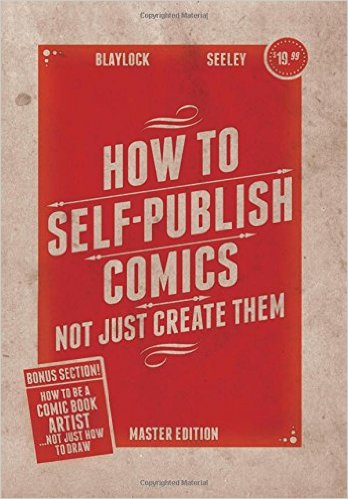
A contract is a “relationship management document.” A well-written contract should put everyone involved on the same page and protect both sides. A contract should provide clear explanations to help the parties avoid confusion and prevent problems. It’s an effective way to document the priorities and goals in the relationship.
You can put anything you want in your contract as long as it’s legal. (I’ve written a legitimate contract where one party had to attest that they are “a sexy bitch.”)
The Roommate Agreement: The Epitome of Customized Agreements
One of my favorite contracts is the Roommate Agreement between Sheldon and Leonard on The Big Bang Theory. It’s a perfect example of how contracts can be customized (and how important it is to define words in your contracts.) Here are some of my favorite provisions of the Sheldon-Leonard Roommate Agreement:
- Once a day, Sheldon must ask Leonard how he is (even though Sheldon doesn’t care).
- No “hootennanies”, sing-alongs, raucous laughter, clinking of glasses, celebratory gunfire, or barbershop quartets after 10.p.m.
- If one friend gets super powers, he will name the other one as his sidekick.
- If one friend gets invited to go swimming at Bill Gates’ house, he will take the other friend to accompany him.
- Once a year, Leonard and Sheldon take one day to celebrate the contributions Leonard gives to Sheldon’s life, both real and imaginary.
- One friend has to put up with the other’s craziness. (Yes, we know: Sheldon’s not crazy. His mother had him tested.)
I love this contract. Not only is it hilarious, it shows what a contract can be.
My Partnership Agreement
If I owned a business with a partner, we would have the best owner’s agreement. Besides the provisions about how we were going to resolve deadlocked votes when a unanimous decision is required and the division of administrative tasks, we’d customize our contract based on our personalities and priorities. Here are some provisions I’d advocate for:
- We won’t use vendors who are known to be sexist, homophobic, racist, or who treat their workers poorly.
- No jerks. This applies to vendors and customers who want to hire us.
- Our office will always be dog-friendly.
- If we’re driving somewhere together, Ruth doesn’t have to drive.
- There is only one way to say “data” correctly in Ruth’s presence.
- If you’re sick and contagious, stay home. Keep your germs to yourself.
- Neither owner is allowed to do their own taxes. Let the professionals do them.
- We will have a monthly meeting to discuss the state and future plans for the company. If either owner is 10 minutes late or more, they have to buy the other lunch.
When I write partnership agreements, operating agreements, and bylaws for companies, I have a set of questions I make my clients answer to assist me in drafting a contract that fits their needs. One of the questions is “What else do you want me to include?” and I encourage my clients to be thoughtful and creative, based on their needs and their goals for their business.
If you’re interested in getting a custom contract, you can contact me directly or a business lawyer in your community. I regularly post about legal issues impacting entrepreneurs on Twitter, Facebook, YouTube, and LinkedIn. You can also get access to more exclusive content that is available only to people on my mailing list, by subscribing here.









